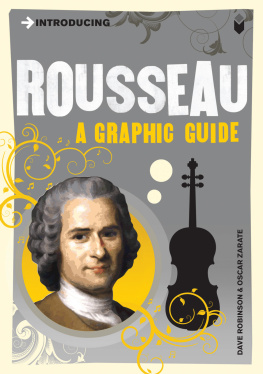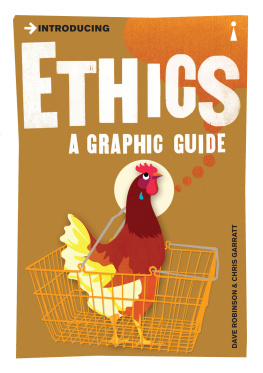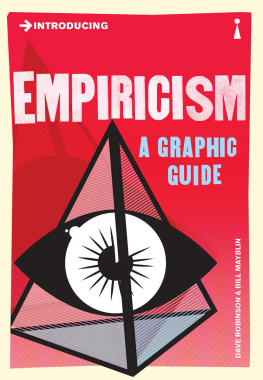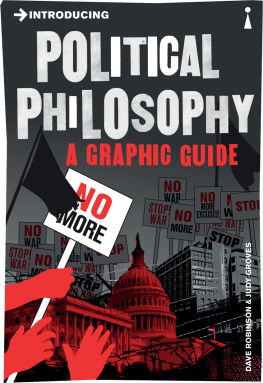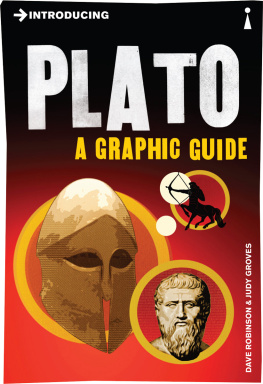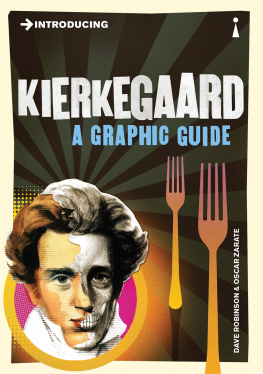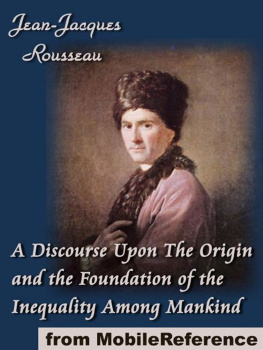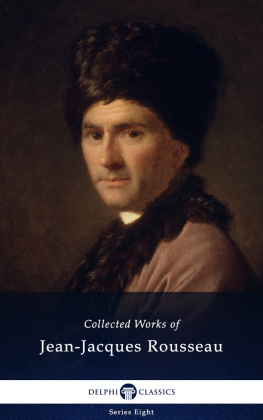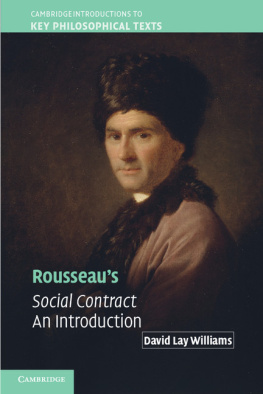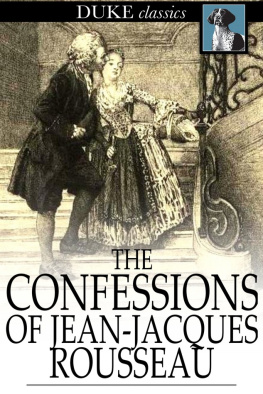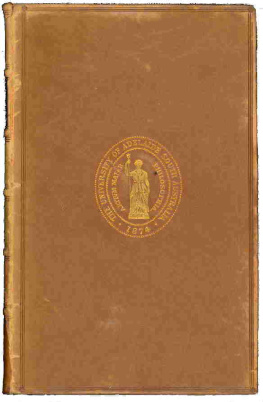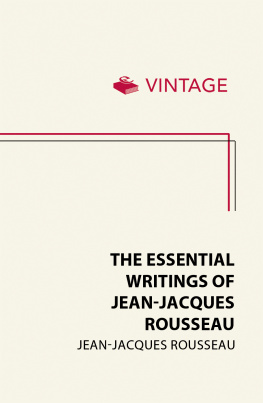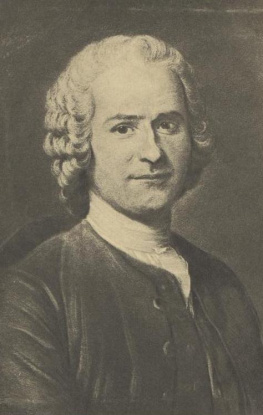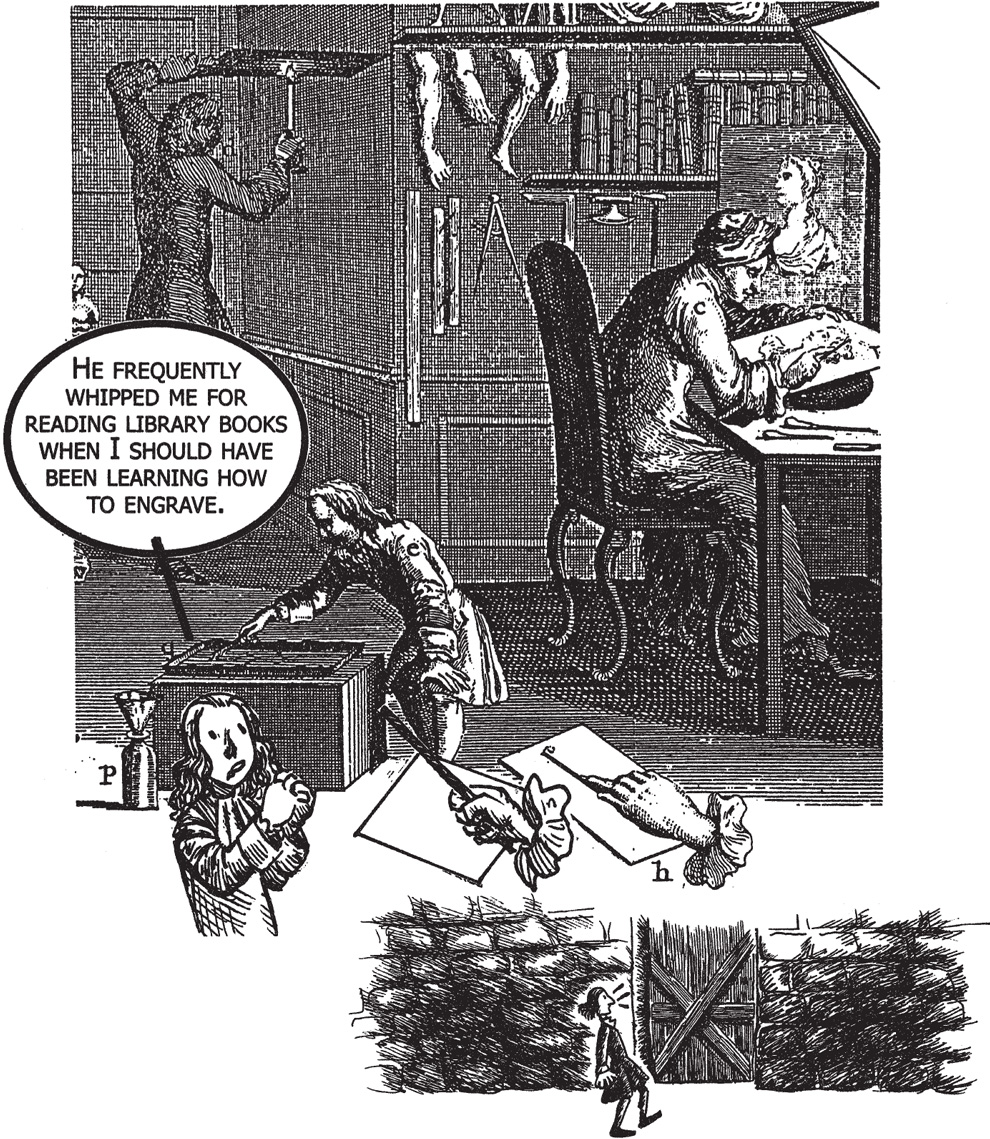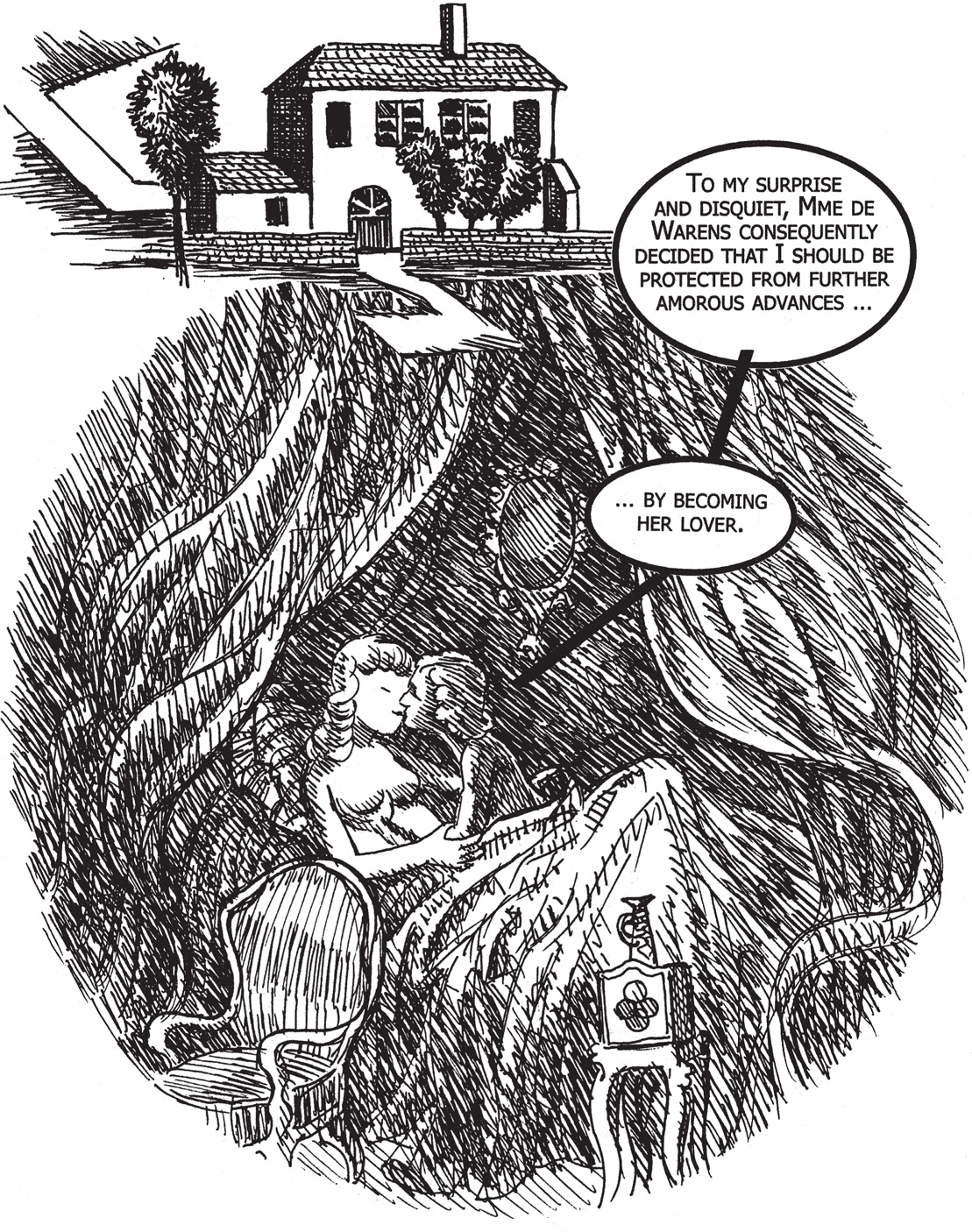Published by Icon Books Ltd, Omnibus Business Centre, 3941 North Road, London N7 9DP
Email:
www.introducingbooks.com
ISBN: 978-178578-010-3
Text copyright 2012 Icon Books Ltd
Illustrations copyright 2012 Icon Books Ltd
The author and illustrator has asserted their moral rights
Originating editor: Richard Appignanesi
No part of this book may be reproduced in any form, or by any means, without prior permission in writing from the publisher.
Contents
I Myself, the Unique
Jean-Jacques Rousseau changed forever the ways in which we think of ourselves, both as individuals and as members of society. He warned us of the dangers of our modern civilized world and anticipated its imminent collapse. In spite of all this, he remained an optimistic writer and a man who always knew that he was absolutely unique.
I AM UNLIKE ANYONE I HAVE EVER MET LIKE NO ONE IN THE WHOLE WORLD
Childhood in General
Jean-Jacques Rousseau was born on 28 June 1712 in Geneva. His mother died of puerperal fever shortly after his birth. His father, Isaac, was an unstable and very quarrelsome watchmaker who kept getting into trouble with the authorities. He had been to Constantinople for six years as watchmaker to the Sultans harem.
FINALLY I HAD TO FLEE GENEVA TO ESCAPE A PRISON SENTENCE FOR WOUNDING AN OPPONENT IN A DUEL.
I BECAME A VIRTUAL ORPHAN, LOOKED AFTER BY MY UNCLE BERNARD.
Rousseau also had an elder brother, Franois, who ran away to Germany and was never heard of again.
Isaac encouraged his son to read the classics, especially Plutarchs Lives, and to be a patriotic citizen of Geneva, a small Calvinist republic surrounded by large Catholic states. Rousseau was mostly self-educated, which meant that he was not always very widely read or self-critical.
I ADMIRED THE CITY-STATE OF SPARTA AS PLUTARCH DESCRIBED IT, BECAUSE SPARTANS WERE COURAGEOUS IN WAR AND HAD FIRM EGALITARIAN AND COLLECTIVIST VIEWS.
But Rousseaus relationship with his own city-state was more ambivalent.
Restricted Freedom
Geneva was strictly Protestant and ruled over by 1,500 of its most important citizens. (The whole population was about 20,000.)
ITS LEGISLATIVE BODY, THE GENERAL COUNCIL, COMPRISES ALL THE ELIGIBLE CITIZENS.
ITS AUTHORITARIAN GOVERNMENT, THE PETIT COUNCIL, MAKES ALL THE DAY-TO-DAY DECISIONS ABOUT THE PUBLIC AND PRIVATE LIVES OF GENEVANS.
AS AN INDEPENDENTLY MINDED YOUNGSTER, I SOON RESENTED ANY RESTRICTIONS PLACED ON MY OWN PERSONAL FREEDOM.
Rousseau eventually fled the city for more liberally minded company. Nevertheless, even though he spent most of his life as an exile, he usually referred to himself as a citizen of Geneva.
Early Adventures
Rousseau was boarded with a local pastor in Bossey, a village near Geneva, where he was unjustly beaten for stealing a comb. He was also chastized by the pastors sister, an experience he rather enjoyed. When he was fourteen, he was apprenticed to an engraver, Abel Ducommun.
HE FREQUENTLY WHIPPED ME FOR READING LIBRARY BOOKS WHEN I SHOULD HAVE BEEN LEARNING HOW TO ENGRAVE.
On 14 March 1728, Rousseau returned late from a walk to find himself locked out of the city, so he decided to escape. He was quickly "rescued" by the priest at nearby Confignon, who then sent him to Madame de Warens, a woman famous for converting runaway Protestant youths to the Catholic faith.
Madame de Warens
Mme de Warens was probably the most important influence on Rousseaus life. She was beautiful, clever, eccentric and a rather dubious character who had run away from her husband to Savoy. She lived on a pension from the King of Sardinia who employed her as a spy. She had a house in Annecy and was an intrepid entrepreneur, although few of her many schemes actually made any money.
I HAD MYSELF CONVERTED FROM THE PROTESTANTI FAITH TO ROMAN CATHOLICISM. SHE QUICKLY SENT ME TO TURIN TO DO THE SAME.
While in Italy, Rousseau supported himself by becoming a rather haughty and unreliable servant to different aristocratic families. He already rather fancied himself as an intellectual and resented being treated as an inferior. In June 1729, he left Turin and returned to Annecy and the maternal bosom of Mme de Warens. It was a reciprocal arrangement.
SHE WAS CHILDLESS AND I WAS MORE OR LESS AN ORPHAN LOOKING FOR A MOTHER SO I CALLED HER MAMAN.
And I CALLED HIM PETIT.
She sent him to the Annecy seminary to become a priest, but he soon left to study music instead, at the cathedral.
The Traveller
Rousseau then spent several months travelling to Lyons, Fribourg, Lausanne, Vevey, Neuchatel and elsewhere, having miscellaneous adventures in the company of various eccentric and dubious companions, all of whom he later described in his Confessions. He spent much of his early adolescent life on the road, travelling from town to town and fortunately seems to have been a charismatic young man, because he rarely found himself going hungry or having to sleeping rough.
IN LAUSANNE, I GAVE MYSELF THE NAME VAUSSORE DE VILLENEUVE, THE COMPOSER AND TRAVELLED AROUND GIVING MUSIC LESSONS.
THEN I ACTED AS THE TRANSLATOR FOR A RELIGIOUS CONMAN WHO CALLED HIMSELF THE ARCHIMANDRITE ATHANASIUS PAULUS.
He went to Paris for a brief time, but was soon back on the road again, and finally returned to the arms of Mme de Warens who, by now, had moved to Chambry. For a short time Rousseau worked as a clerk, then taught music to the local young ladies one of whom tried to seduce him.
TO MY SURPRISE AND DISQUIET, MME DE WARENS CONSEQUENTLY DECIDED THAT I SHOULD BE PROTECTED FROM FURTHER AMOROUS ADVANCES
BY BECOMING HER LOVER.
Rousseaus Psychology
Rousseau was an unusual young man, the victim of many irreconcilable psychological tensions and sexual anxieties. He had an overwhelming need for a mother figure to give him a sense of security and welcomed the idea of female domination: Oh to be at the feet of an imperious mistress, to obey her commands and ask her forgiveness All of this made his eventual relationship with Mme de Warens very disturbing.

